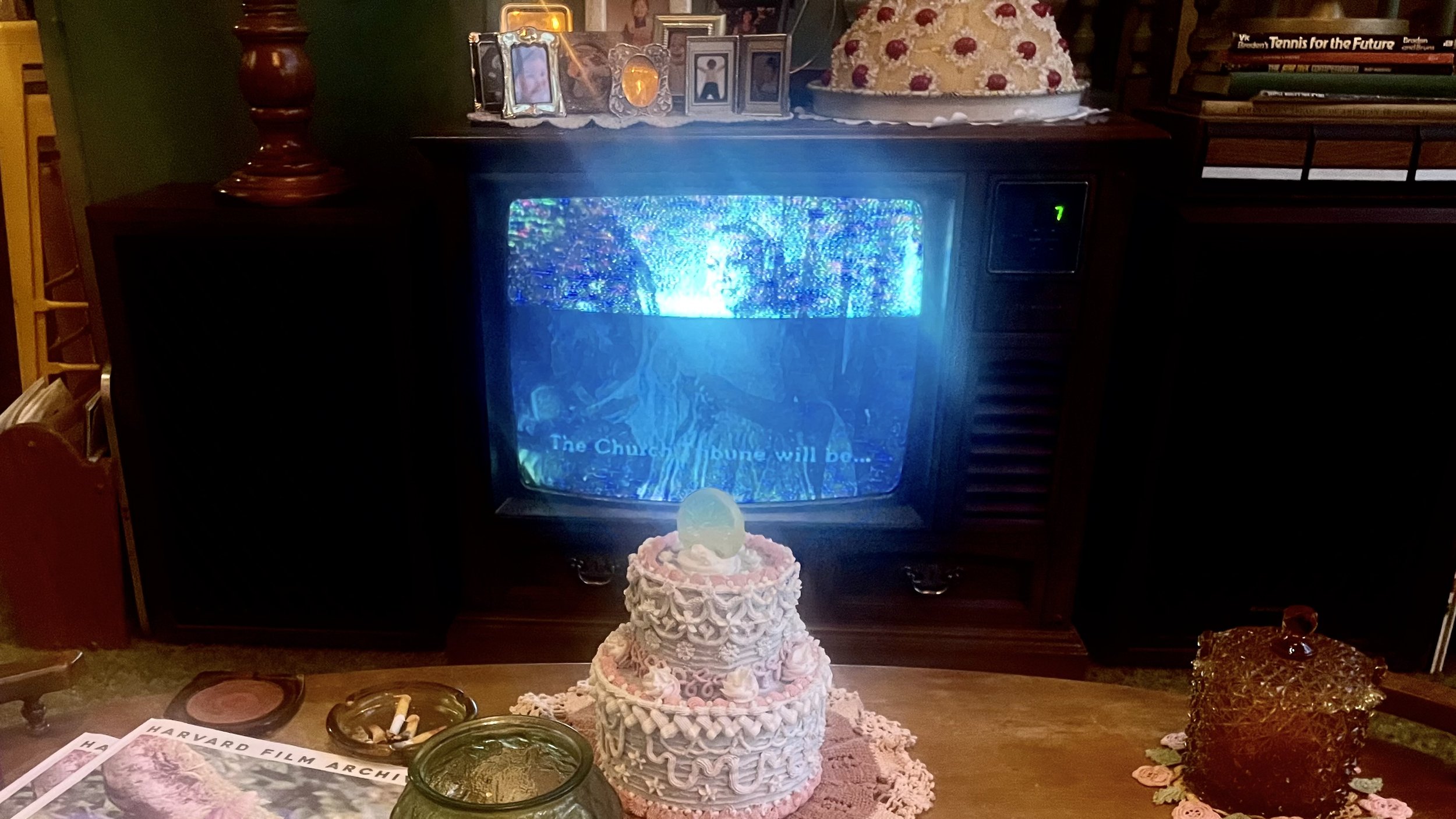Previous
Previous
Puget Sound Takes Down Tesla to Resist Oligarchy
Next
Next

Gray Harrison (she/her) is a writer and critic with a lifelong love of the performing arts. She specializes in nightlife, music, and movie coverage, usually with a narrative POV. She has a Masters Degree in Cultural Reporting and Criticism from NYU Journalism and has been published at Collider, Relix, Copy magazine, and New Sounds. When not writing for the Echo, you can find her walking so many dogs, going out dancing, and rowing on Green Lake.